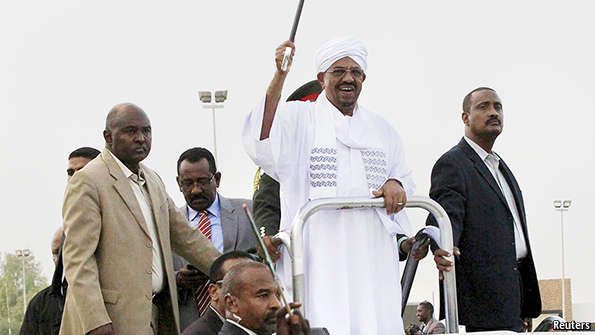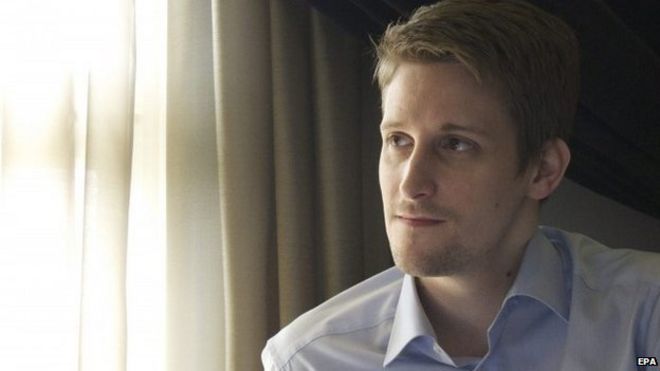By Max Bartels
Impunity Watch, Managing Editor
Johannesburg, South Africa
African Union chairman and Zimbabwean head-of-state Robert Mugabe voiced his disapproval of the international criminal court on Tuesday after the court issued an order for the arrest of Sudanese president Omar al-Bashir. Bashir was attending a summit of African leaders in Johannesburg, South Africa when, following the meeting he quickly boarded his plane and flew back to Khartoum to avoid being taken into custody.Bashir is the subject of the arrest warrant for genocide regarding his as president of Sudan, which includes the region of Darfur. According to the United Nations 300,000 people have been killed in Darfur and the ethnic conflict still continues today.

Mugabe and South African President Jacob Zuma voiced their disapproval of the International Court and its actions on the African continent. Mugabe is reported to have stated that the International Criminal Court is not wanted in Africa. Mugabe also claimed that Zuma shared this believe stating Zuma told him he would not allow Bashir to be arrested in South Africa. South Africa is a member of the statute, which created the International Criminal Court, and Zuma’s alleged statements have caused many in the international community to demand action from the Court and the United Nations. Nick Kaufman, a lawyer who is representing victims in Darfur demanded the Court’s prosecutor file for a formal finding of “non-compliance” and report it to the United Nations.
South Africa released a statement stating that since Bashir was attending a meeting of the African Union he enjoyed diplomatic immunity while in South Africa. A South African court disregarded the claim of immunity and issued a warrant for Bashir’s arrest but by then he had already departed. Mugabe went further in his statements against he International Court saying that now many countries regret signing on to the treaty. Many African leaders have expressed concern that the Court targets African heads of state. It is true that the indictees of the Court have all been African, however, seven out fo nine were refred to the court by African governemtns. The Court has also initiated investigations in Afghanistan, Columbia, Georigia, Honduras, Iraq, South Korea and Ukraine.
For more information, please see:
The Associated Press — AU Head Mugabe Says International Court Unwelcome in Africa — 16 June, 2015
Voice of America — AU Summit Ends With Growing Concern About International Court — 16 June, 2015
The Guardian — Give a Voice to Darfur Victims in ICC Debate — 18 June, 2015
